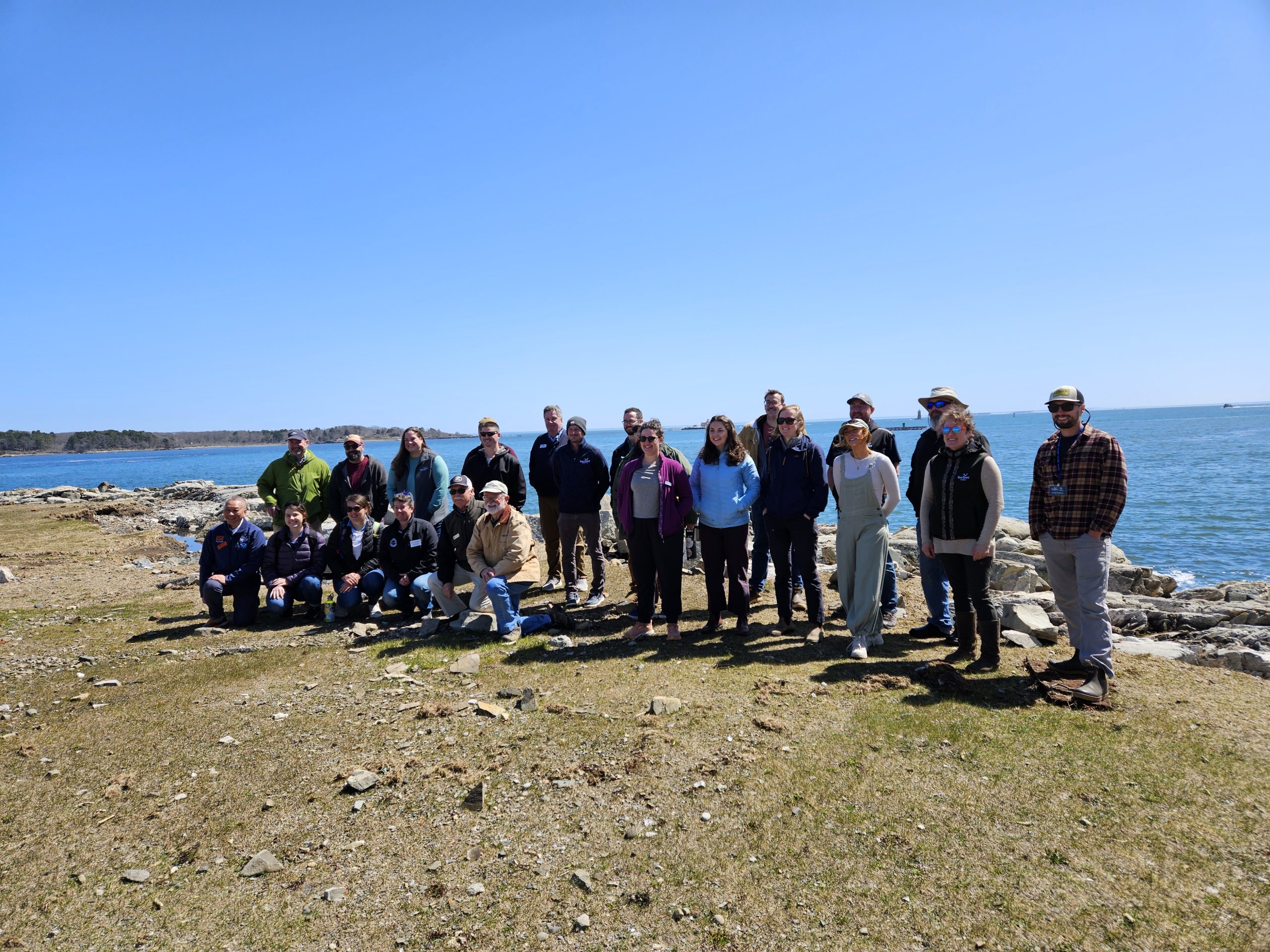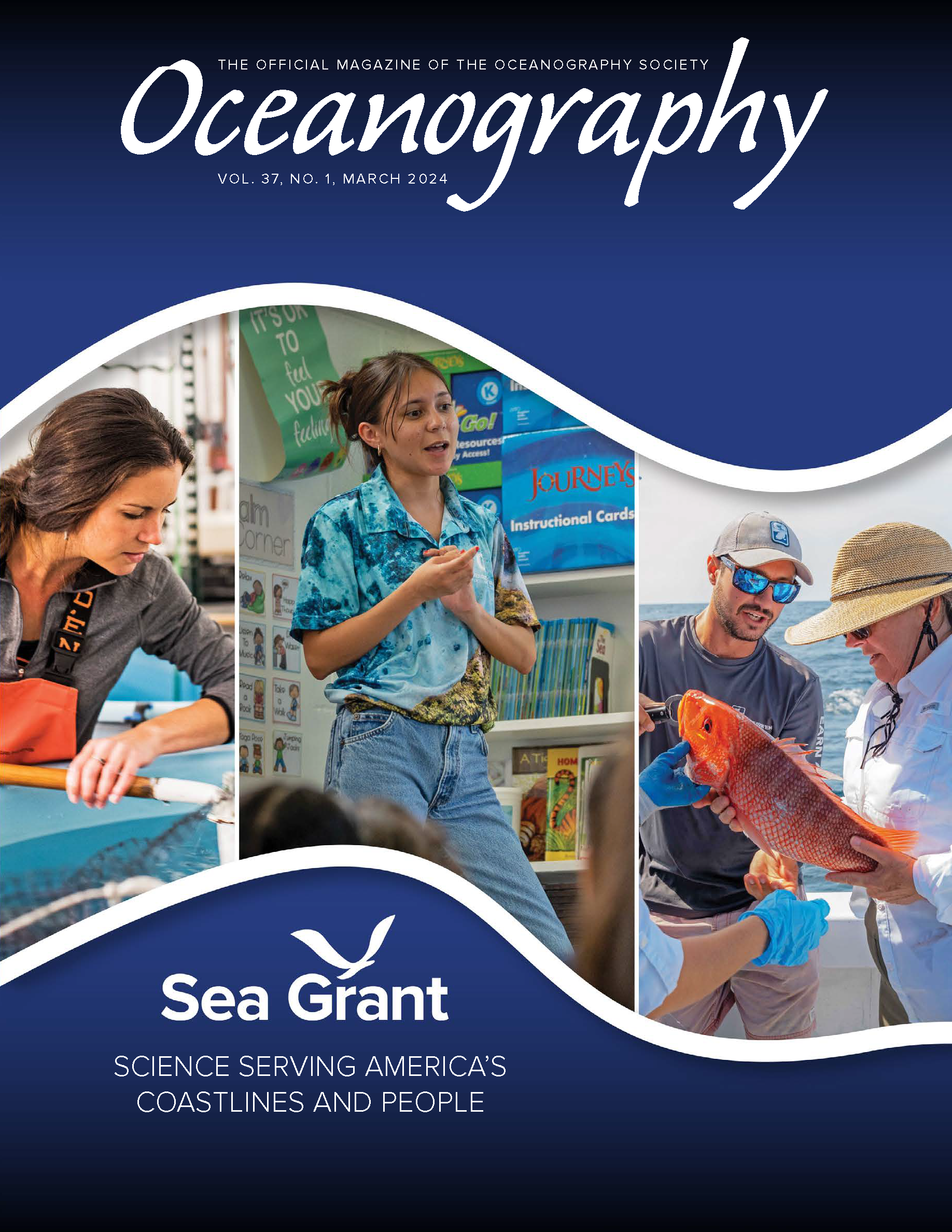By Lisa Kim,
Knauss Ocean Policy Fellow,
National Ocean Service Headquarters,
Policy and Constituent Affairs Division
I never expected my Knauss Fellowship to land me in South Korea. Yet, there I was, full of anxious excitement on a bumpy car ride in the narrow streets of the country I was born in. I looked in the rear view mirror to make sure my hair was neat and my button down shirt was straight. I got out of the car, and saw an old woman, tears in her eyes. “My grandbaby!” she cried. My grandmother stumbled over with her cane to hold me in a warm and familiar embrace. The last time I saw her, 26 years ago, she had black tightly permed hair and a little more fat on her skin.
Just as I didn’t expect the fellowship to take me to South Korea, I also never thought it would give me the chance to explore my Korean heritage in a new way. Although I was born in South Korea, I immigrated to the United States when I was 13 months old. Growing up, my parents taught me to speak, read, and write Korean. “Be proud of being Korean and knowing another language”, my dad would tell me often. Trying to find my identity as a Korean growing up in an American society was filled with challenges. It took me a long time to become comfortable with my culture and sharing it with the people around me without feeling like it further separated me from everyone else. It wasn’t until I entered my 20s that I started to not only fully embrace that part of myself, but to be deeply grateful for it.
As a Knauss Ocean Policy Fellow at the NOAA National Ocean Service Headquarters, Policy and Constituent Affairs Division, I was given the opportunity to integrate my Korean skills and identity as the new Joint Project Agreement Coordinator for NOAA. This is an agreement between NOAA and Korea’s Ministry of Oceans and Fisheries (MOF) with a program of work of about 25 annual activities, involving offices across NOAA. In this role, I facilitate conversations and help build relationships between Korean government officials and NOAA, and ensure projects under the Joint Project Agreement are carried out smoothly. In addition to this, I also help coordinate the annual meeting where collaborators from both countries meet to provide updates on ongoing projects and provide new project proposals under the Joint Project Agreement. These responsibilities not only helped me to build communication and leadership skills, but to cultivate my sense of belonging as a first generation immigrant working in a government administration.
This position took me to South Korea, where after a week of meetings on international ocean research and policy, I had a chance to see family I hadn’t seen in over two decades. I called my parents back in the U.S. and thanked them profusely for all the years they dedicated to teaching me about Korean culture and language. I recounted all the cool new work I did in Korea as a NOAA representative, such as facilitating conversations on projects related to safe maritime transportation and ocean observations, environmental monitoring and assessment, and coastal/marine resource management. In addition to all this, I was just as excited to tell them about the emotional reunion I had with their mothers, brothers and sisters. My mom, who worked 12 plus hour shifts of manual labor to support our family in the United States, replied, “It was all worth it.”


